CJ Sansom, novelist admired for the rigour of his bestselling Shardlake Tudor detective stories – obituary
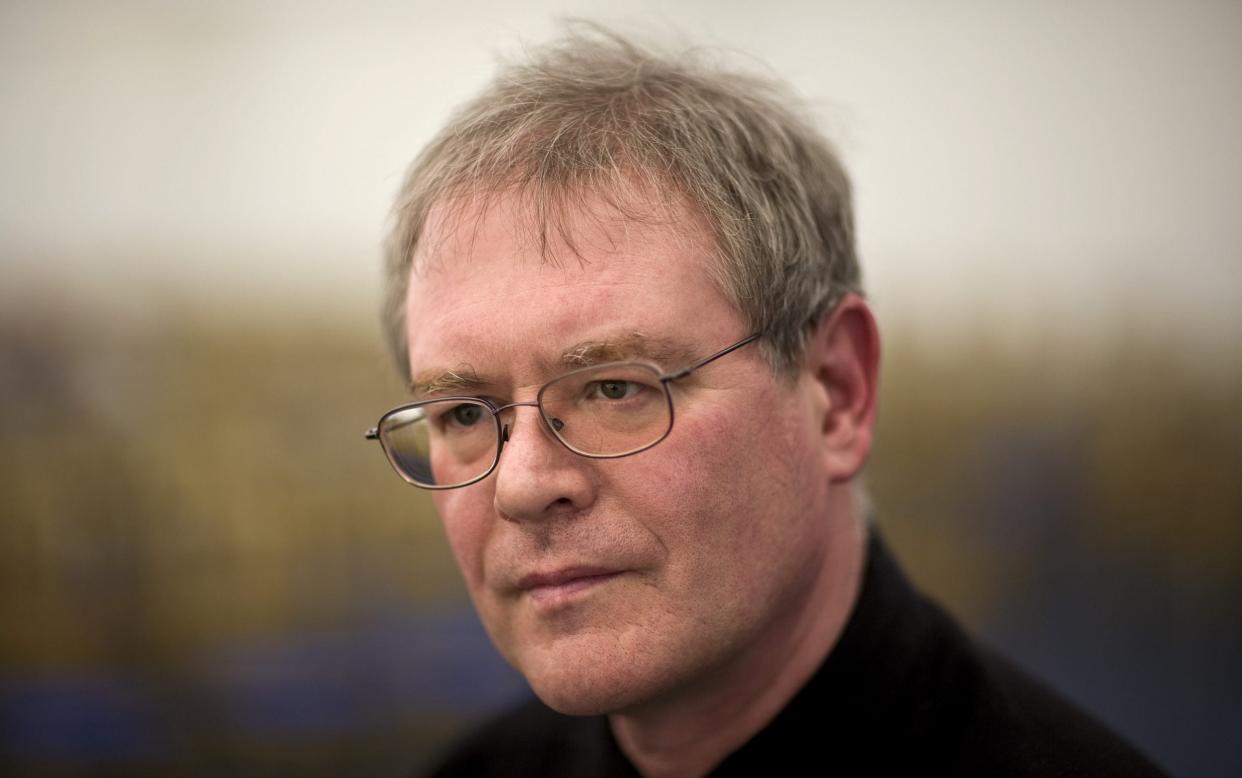
CJ Sansom, who has died aged 71, found success in middle age as an author of historical mystery novels that were both hugely popular and scrupulously researched; a theme running through his work was the moral individual’s search for justice in circumstances where liberty is threatened.
He was best known for the series set during the English Reformation featuring his hunchbacked lawyer-detective, Matthew Shardlake, but he also wrote Winter in Madrid (2006), a thriller set in Spain in 1940 in the aftermath of the Spanish Civil War, and Dominion (2012), an exercise in counter-factual history that imagines 1950s Britain as a satellite state of Nazi Germany.
Despite his success, Sansom kept in touch with the writers’ group he had joined as an unpublished author and dedicated Lamentation (2014) to them. He also invited them to the publication lunch in a private room upstairs at the Ivy at which the guest of honour was his friend and supporter P D James.
The Shardlake novels explore the psychology of religious belief. Sansom was drawn to the England of Henry VIII because it was the moment at which medieval certainties were turned upside-down. “It was a time of extraordinary ferment,” he said. “In the space of a few years, the state took on a completely different meaning. And the more I read about it, the more I realised how like the 20th century it was in its anxiety and uncertainty, even though people thought so differently then.”
In a superstitious age, Shardlake’s disability marks him as an outsider. A lawyer of Lincoln’s Inn, he starts off in Dissolution (2003) as an enthusiastic Protestant in the service of Thomas Cromwell, sympathetic to his reformation, but he is soon repelled by the cruelty undertaken in its name.
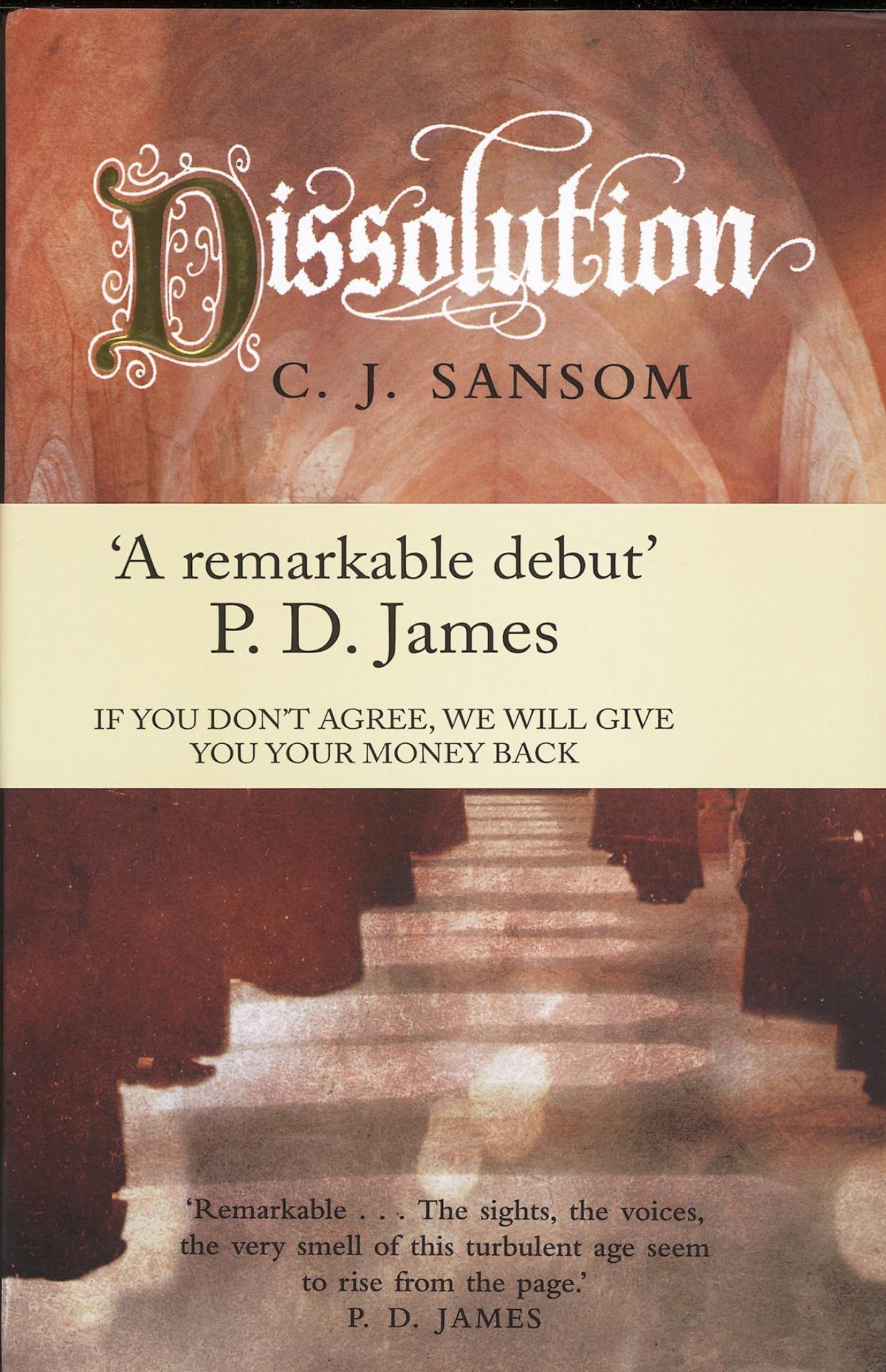
He is strikingly humane and progressive, which sometimes prompted the accusation that his characterisation was anachronistic. But as far as the author was concerned, Shardlake’s sceptical rationalism fitted its 16th-century setting, an age when humanists were in the ascendant. Like most fictional detectives, he has an unsatisfactory romantic life; marriage and family life would have got in the way of all his dangerous assignments.
Sansom, who had a doctorate in history and a background as a solicitor, was scholarly in his approach. He deplored populist historical fiction and dismissed the BBC television series The Tudors as “infantile”. He liked to build the story around the known facts and if he changed anything he would explain his thinking in a historical note at the end of book.
Sometimes he uncovered original explanations for the events of Henry VIII’s reign. When researching Sovereign (2006), which deals with Henry VIII’s “Progress to the North” in 1541, Sansom discovered that the real reason for the state visit was that the Crown had unearthed a Yorkshire plot to overthrow the king, so Henry planned to suppress a rebellion. Sansom later published his findings in an academic paper.
In Lamentation (2014), the king’s rapid lurch in a religiously conservative direction is attributed to diabetes rather than, as the more common theory has it, to syphilis.
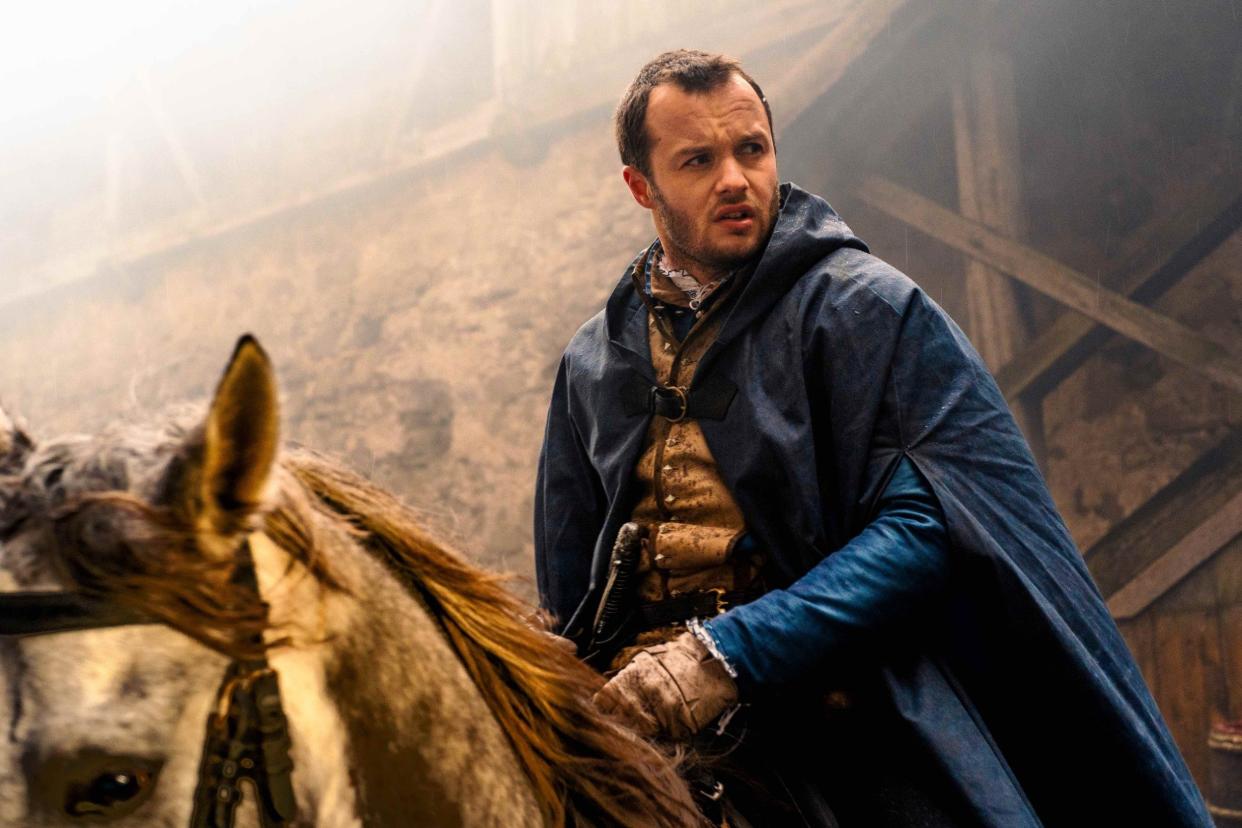
The only child of an English father and a Scottish mother, Trevor and Ann, Christopher John Sansom was born in Edinburgh in December 9 1952. It was “a very conservative household, with a small and a capital C”, he later recalled. His family’s religious inclination was traditional Presbyterian. His parents rarely read books. Christopher was educated at what he described as “a dreadful private school” which treated “any sort of imagination” as “rather naughty”.
During his teenage years he underwent a radical political awakening and arrived at an independent socialist position which he broadly retained throughout his life. In 2012 he wrote: “I find the free-market ideology that has dominated the world for the past 30 years, and brought us to our present ruin, a dogma that has failed repeatedly and disastrously, but politics based on national identity is even more dangerous; anti-rational, demagogic, assuming individuals should be defined by their nationality, and, always, against an enemy.”
In fact Sansom felt so strongly about the menace of the Scottish National Party, whose leader Alex Salmond he called “deeply dangerous”, that he took a trenchant public stand in a Guardian article headed “My nightmare of a Nazi Britain”: “A party which is often referred to by its members, as the SNP is, as the National Movement should send a chill down the spine of anyone who remembers what those words have often meant in Europe.” He donated £161,000 to the Better Together campaign.
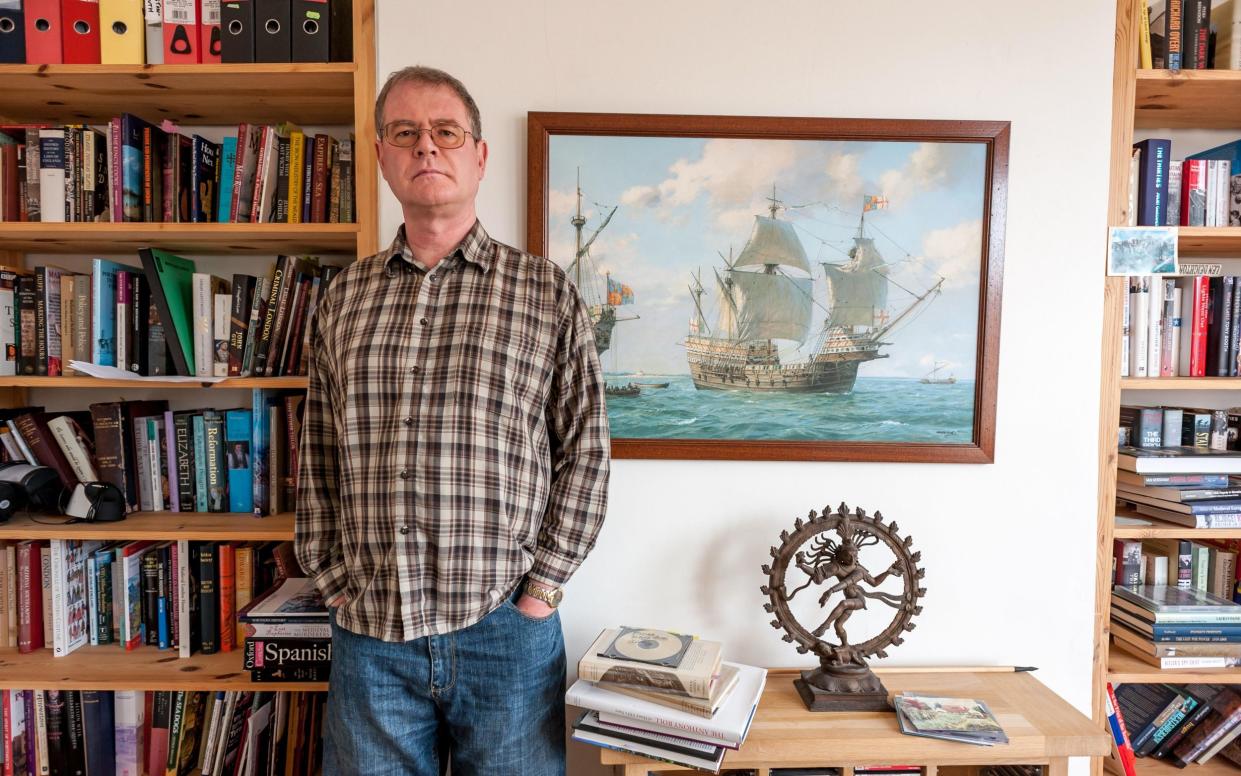
After taking a PhD at Birmingham University on the British Labour Party’s policy towards South Africa between the wars, Sansom decided not to stay in academic life. Instead, after trying various jobs during his twenties he retrained as a solicitor. He generally acted on behalf of the underdog, supported by legal aid. His career would later find echoes in Shardlake’s, who defends the oppressed at the Court of Requests.
Sansom did not become a novelist until his late forties, when he received an inheritance on the death of his father in 2000, prompting him to take a year off from the law and write a novel set against the backdrop of the destruction of the monasteries.
Dissolution takes place in the harsh winter of 1537 when Shardlake is dispatched to investigate the gruesome murder of one of Thomas Cromwell’s commissioners at the monastery of Scarnsea on the Sussex coast. The novel includes a humorous allusion to The Name of the Rose, Umberto Eco’s murder mystery set in the 14th century, which it resembles. The librarian shows Shardlake a copy of Aristotle’s lost work on comedy – on which the plot of The Name of the Rose is centred – and says: “Old Italian forgery, of course.”
Sansom sent out his manuscript and went on holiday, expecting the rejection slips to pour in. To his delight, his email inbox was buzzing with interest. Dissolution was published in 2003 to instant success. P D James said: “The sights, the voices, the very smell of this turbulent age seem to rise from the page.”
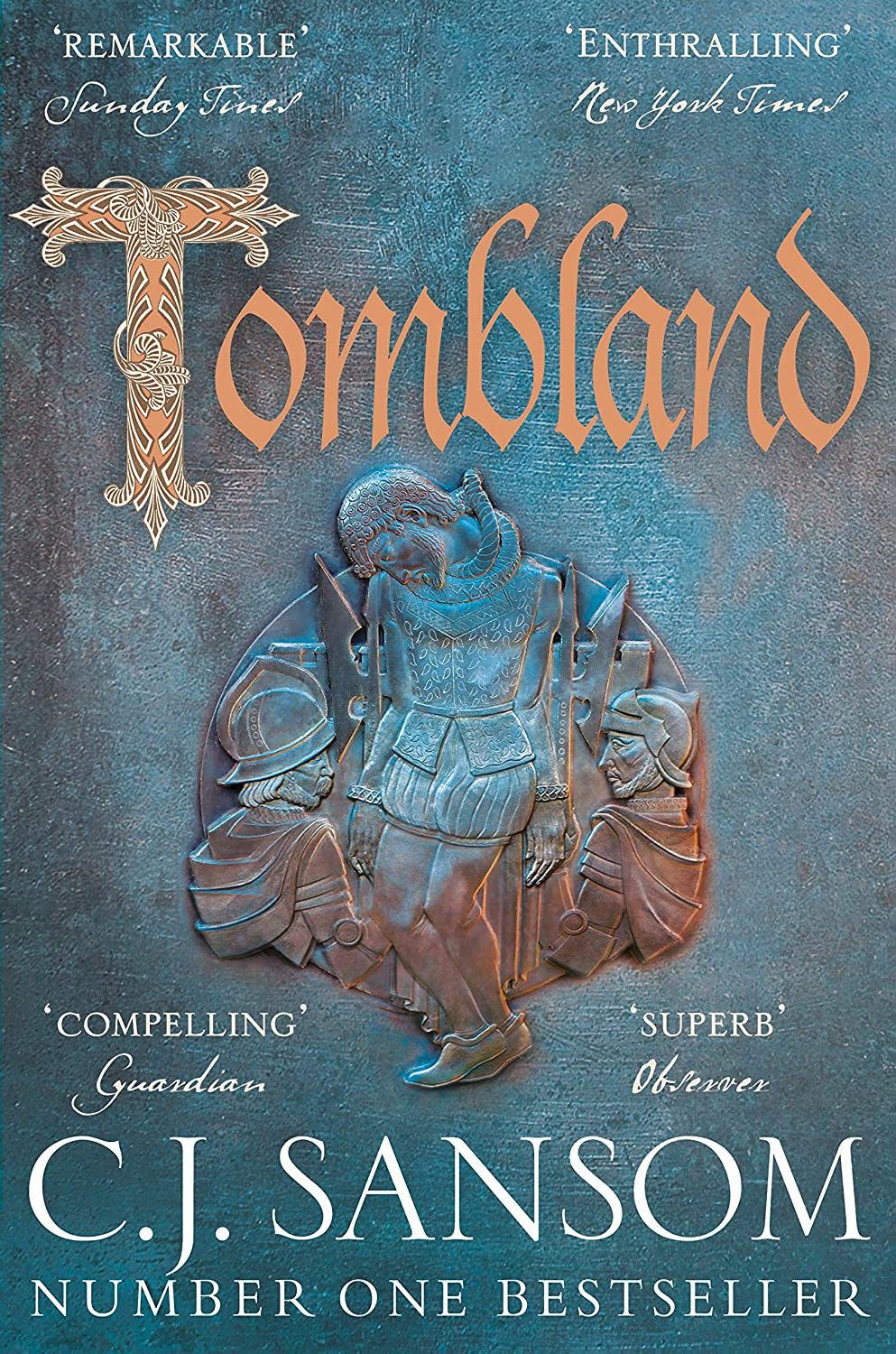
In case Dissolution failed to catch the imagination, Sansom had already started work on a wartime thriller set in Franco’s neutral Spain. This, too, was published, to critical acclaim, as Winter in Madrid in 2006, after the appearance in 2004 of the second Shardlake novel, Dark Fire, which won the 2005 Crime Writers’ Association Historical Dagger. Set in the fetid heat of the summer of 1540, Dark Fire introduces a new and more substantial sidekick, Barak, to replace Mark, Shardlake’s weedy apprentice, who disappears at the end of the first novel.
The Shardlake series continued with Sovereign (2006) and Revelation (2008), which featured Archbishop Thomas Cranmer. Queen Catherine Parr, Henry VIII’s last wife, plays a key role in Heartstone (2010), in which Shardlake meets the 11-year-old future Elizabeth I, and in Lamentation (2014). In Tombland (2018), Shardlake investigates the death of a distant Boleyn relative for Elizabeth during the brief reign of her half-brother Edward VI.
With his second non-Shardlake novel, Dominion (2012), Sansom unexpectedly found himself at the centre of a minor controversy. The novel’s teasing “what if?” imagines that Britain had made peace with Nazi Germany in 1940. It opens with Lord Beaverbrook as prime minister and Sir Oswald Mosley as home secretary in a pro-Nazi government.
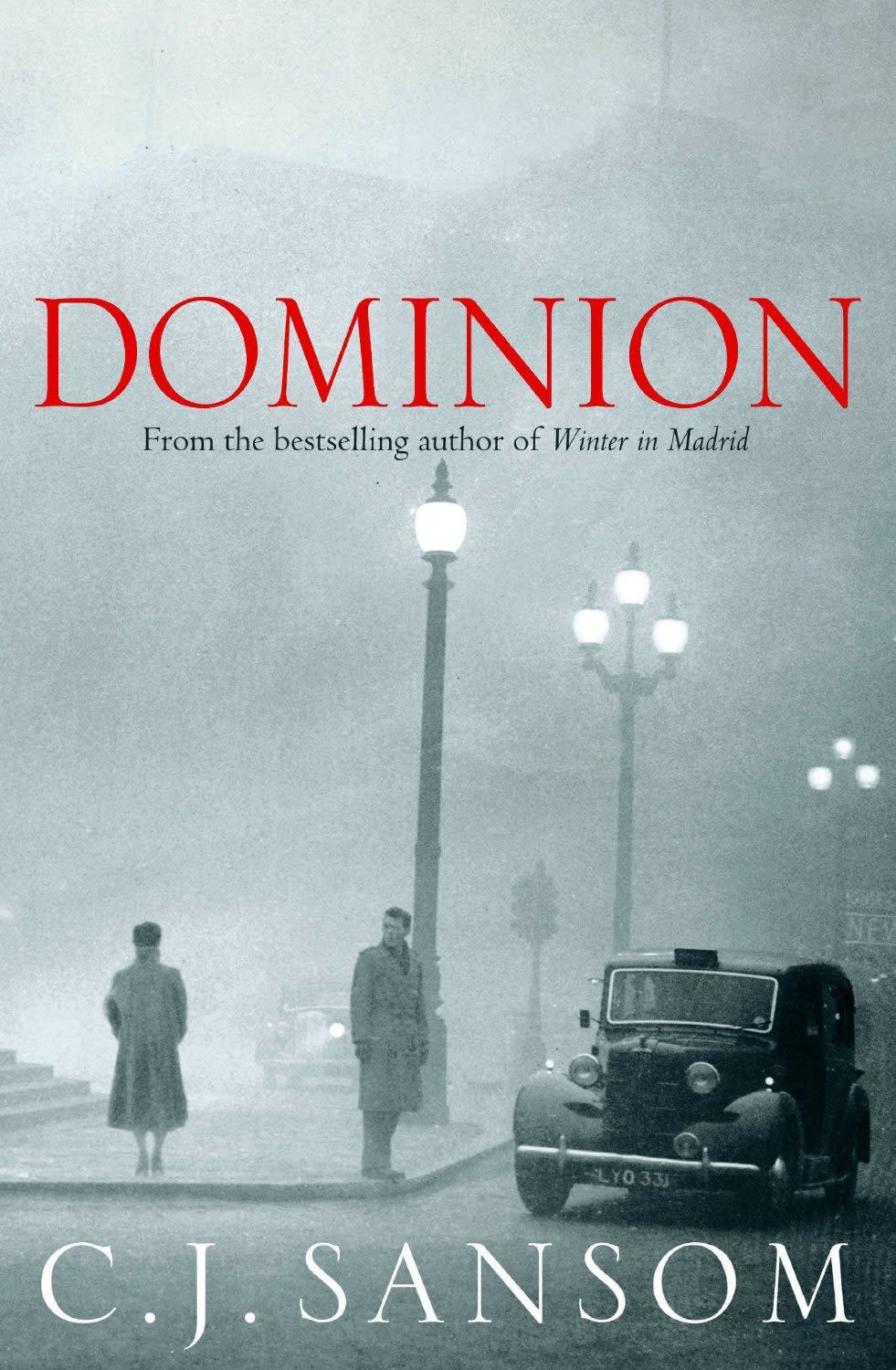
Enoch Powell’s widow was distressed at the casting of Powell as secretary of state for India (though she sensibly conceded that “a novel is a novel”) and the historian Andrew Roberts accused Sansom of drawing a “modern-day equivalence between Enoch Powell’s views on immigration and fascism, and that is so intellectually debased as to be moronic”, although Allan Massie, the novelist and historian, sprang to Sansom’s defence, disputing the idea that he had drawn any such equivalence.
The Shardlake series was often compared with Hilary Mantel’s Booker-winning Wolf Hall series of novels, which rehabilitated Thomas Cromwell. “Mantel’s Cromwell is quite different from mine,” Sansom said. “He’s been controversial ever since he had his head cut off: some think he was the blackest of villains; others that he was a great, positive reformer. I’m somewhere in the middle, but I do believe he had a dark side; much darker and more brutal than Mantel’s portrayal.”
A Disney+ adaptation of Sansom’s series, starring Arthur Hughes as Shardlake and Sean Bean as Thomas Cromwell, airs this week.
Christopher Sansom was exceedingly tall and a great lovers of cats who was devastated when his cat Rosalito died. In 2012 he was diagnosed with multiple myeloma, an incurable but treatable bone marrow cancer.
He was unmarried.
CJ Sansom, born December 9 1952, died April 27 2024


